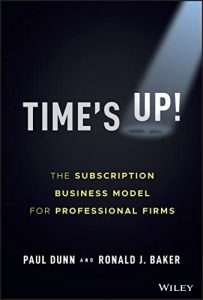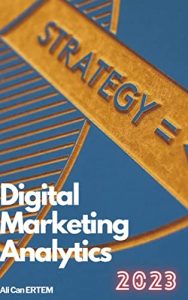1. Frank: A Life in Politics from the Great Society to Same-Sex Marriage
Delve into the fascinating life of Barney Frank, a pivotal figure in American politics. This memoir recounts his journey through monumental societal shifts, from civil rights to the fight for same-sex marriage. Frank provides powerful insights into the legislative processes that shaped modern America. His candid storytelling not only chronicles his personal experiences but also reflects broader political changes, making it an essential read for anyone interested in the evolution of social justice in the U.S.
2. Engineering a Financial Bloodbath: How Sub-prime Securitization Destroyed the Legitimacy of Financial Capitalism
Justin O’Brien presents a critical analysis of the sub-prime mortgage crisis, explaining how complex financial instruments undermined faith in capitalism itself. This book provides an in-depth look at the systemic issues within financial markets, detailing how innovations intended to mitigate risk instead ignited a global financial meltdown. For finance professionals and enthusiasts alike, understanding these dynamics is crucial in navigating modern economic landscapes.
3. Contemporary Financial Intermediation
This comprehensive text by Greenbaum, Thakor, and Boot offers significant insights into the mechanisms of financial intermediation. It covers contemporary practices and emerging trends in financial services. Essential for academics and practitioners, this book lays the groundwork for understanding how financial institutions operate within the global economy, making it a must-read for those involved in finance, economics, or investment.
4. American Trust Companies: Their Growth And Present Wealth (1909)
This historical analysis by Edward Ten Broeck Perine dives deep into the growth of trust companies in America. It elaborates on their roles and transformations in the evolving economic landscape of the early 20th century. This book is a treasure for scholars of American finance history, offering lessons and reflections pertinent to today’s financial systems.
5. Global Anti-Money Laundering Regulation: Developing Countries Compliance Challenges
This insightful work by Azinge-Egbiri, Ryder, and Esoimeme highlights the challenges that developing nations face in complying with global anti-money laundering laws. It discusses the complexities of international financial regulations and the implications for economic growth. A vital read for policymakers and compliance professionals, this book underscores the importance of fostering financial integrity in the global economy.
6. Peer-to-Peer Lending with Chinese Characteristics: Development, Regulation and Outlook
Authored by the PtoP Research Group, this book provides an esteemed overview of the peer-to-peer lending landscape in China. It discusses the rapid development and regulatory challenges faced by this innovative financing model. With valuable insights into both the growth potential and the pitfalls of P2P lending, this book is essential for investors and financial service providers aiming to understand China’s evolving digital finance arena.
7. Other People's Money And How The Bankers Use It (1914)
In this classic text, Louis Dembitz Brandeis provides a scathing critique of the banking system and its impact on economic power. By elucidating the manipulation of capital, Brandeis emphasizes the need for reform in financial institutions. This book remains relevant today for those advocating for fair banking practices and understanding corporate ethics in finance.
8. Swiss Finance: Capital Markets, Banking, and the Swiss Value Chain
This book by Henri B. Meier et al. explores the intricacies of the Swiss financial system, including banking practices and capital market dynamics. It offers a thorough examination of the Swiss value chain, making it indispensable for finance professionals interested in understanding one of the world’s leading financial centers. The depth of analysis is sure to captivate as it unpacks the sophistication of Swiss finance.
9. Digital Finance: How Innovation Reshapes the Capital Markets
Liu and Hou delve into how technological innovations are transforming capital markets, posing challenges and opportunities for financial professionals. This book provides a forward-looking perspective on digital finance, emphasizing the significance of adapting to change in a rapidly evolving industry. A must-read for those keen on understanding future trends in finance.
10. Our Money Wars: The Example And Warning Of American Finance (1894)
Samuel Leavitt’s book provides a historical context to America’s financial battles and their implication on broader economic issues. The narrative serves as both a warning and a lesson for current financial policymakers and practitioners. Understanding these past struggles is crucial for navigating today’s complex financial landscape.














































